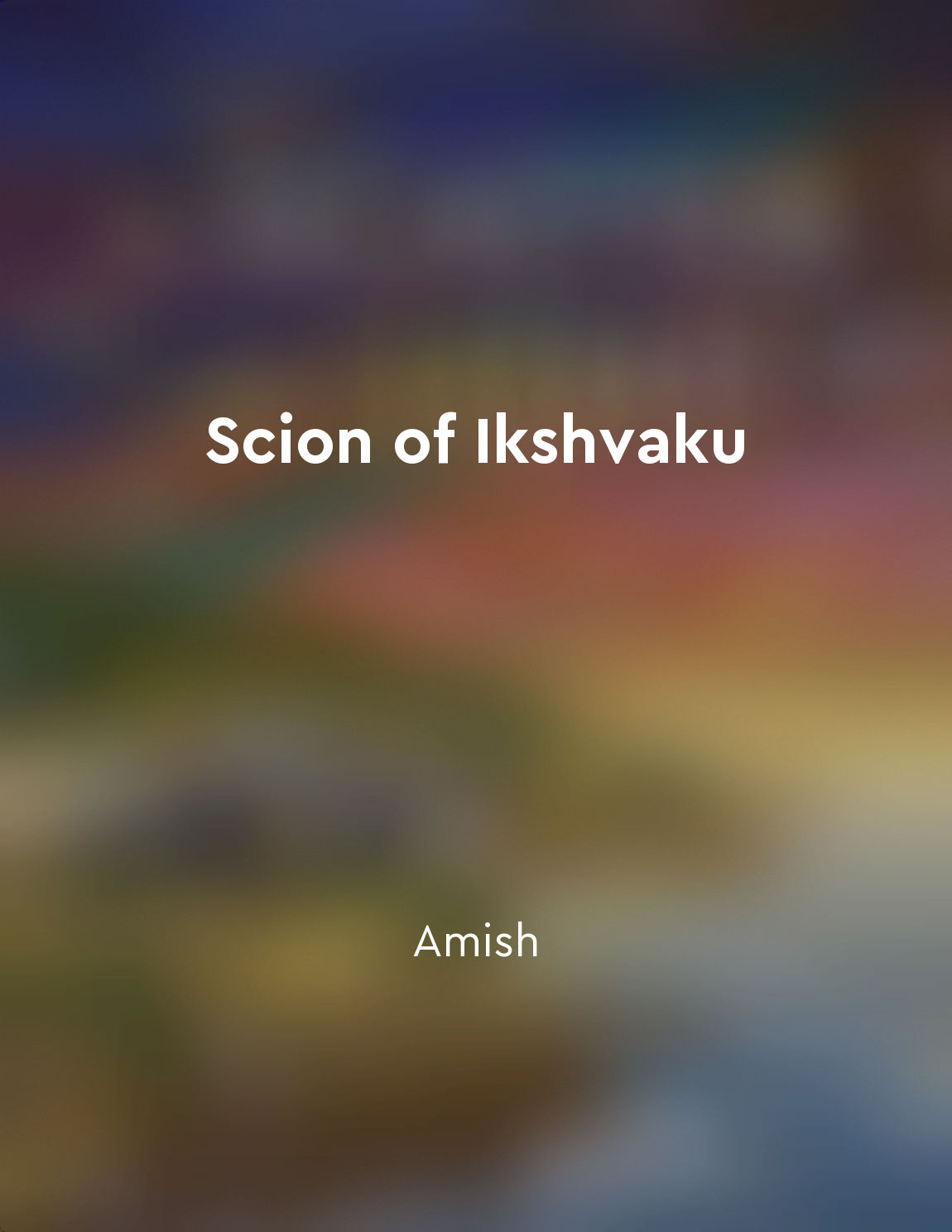Audio available in app
There is a difference between perceived and actual power in conflicts from "summary" of David and Goliath by Malcolm Gladwell
In the story of David and Goliath, the concept of power is explored in a unique and thought-provoking way. The traditional belief is that power lies in size and strength - the bigger you are, the more powerful you are. Goliath, a giant in the biblical story, epitomized this belief. He was feared and revered simply because of his physical stature. However, as Malcolm Gladwell delves deeper into the story, he reveals a different perspective on power. David, a small shepherd boy, was able to defeat Goliath using a slingshot and a stone. At first glance, it seemed like an impossible task for David to overcome someone as mighty as Goliath. But in reality, David had a different kind of power - the power of agility, strategy, and determination. This disparity between perceived power and actual power is a recurring theme in conflicts. People often underestimate the strength of those who appear weaker or less prominent. This underestimation can be a fatal mistake, as it allows the seemingly weaker party to exploit their strengths and outmaneuver their opponents. In the context of conflicts, it is crucial to look beyond the surface and consider the different forms of power that exist. Physical strength is just one aspect of power - there is also intellectual power, emotional power, and strategic power. These alternative forms of power can be just as effective, if not more so, in achieving victory in conflicts. By challenging the conventional notions of power and strength, Gladwell encourages readers to reconsider their perceptions of power dynamics. The story of David and Goliath serves as a powerful reminder that true power often lies in unexpected places and can manifest in surprising ways. It is not always the biggest or strongest who emerge victorious in conflicts, but those who possess the wisdom and courage to leverage their unique strengths.Similar Posts
Flexibility is important in adapting to changing power dynamics
Flexibility plays a critical role in navigating the intricate web of power dynamics. In a world where power structures are cons...
Desire is a driving force in human behavior
Desire rules us all. It's the whisper in our ears, the fire in our bellies, the force that propels us forward, even when we don...
Play on people's need to believe to manipulate them effectively
People have a deep-seated need to believe in something, whether it be a religion, a political ideology, or even in themselves. ...

Accepting fate with courage
The idea of accepting fate with courage is a central theme in Scion of Ikshvaku. It is a concept that resonates throughout the ...
Reevaluating common assumptions can lead to surprising discoveries
In the story of David and Goliath, we see a classic example of how reevaluating common assumptions can lead to surprising disco...
Power can be used to benefit or harm others
Power, as I have explored in the preceding pages, is a dynamic force that can shape our interactions with others, our communiti...
Mysterious planet Dune holds power
In the far future, humanity has spread across the galaxy, with various planets under the control of noble houses. Among these p...
Rebirth: Characters experience personal transformations
Throughout the story, we witness the characters undergoing profound personal transformations. These rebirths are not just physi...
Community
Community in 'The Unwinding' is portrayed as a complex and multifaceted entity that shapes the lives of individuals in profound...
